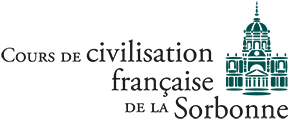Favor sectors where demand is strong
The first step when looking for a job is to know the local market in order to identify the most promising sectors. Among the many professions that are recruiting in France, let’s mention all marketing and sales functions (e.g. business development manager). The most modern professions are also accessible to qualified foreigners in the fields of new technologies and digital technology: site reliability engineers, CRM analysts, IT support specialists, AI technology and cybersecurity specialists.
Job search sites
Websites such as Indeed, Pôle Emploi and other job platforms are widely used in France. Create your profile on these sites, upload your CV and set up job alerts to be notified of new openings that match your profile. Don’t forget to adapt your CV and cover letter according to the positions you are targeting. Be persistent and check the ads on a daily basis.
Employment agencies
Temp agencies are an effective option for foreigners looking for work in France. They specialize in temporary placement and can help you find opportunities quickly. Sign up with local agencies, as they often have close relationships with area businesses. Be sure to provide an up-to-date CV and meet with a recruitment consultant to discuss your skills and career goals. Be flexible in your choice of jobs, because temporary work can be a gateway to permanent jobs that will help with residence permits and naturalization procedures
Contact companies
Sending unsolicited applications via email to companies you are interested in can be an effective strategy. Look for companies that match your area of expertise and send them a personalized cover letter, along with your CV. Explain how you can contribute to their success, and don’t forget to track your emails to follow up if necessary.
Personal network
Personal networking is essential in France. If you have local contacts, ask them for advice and recommendations. Join professional social media groups such as LinkedIn, attend local professional events, and build your own network. French companies value strong professional relationships, and word of mouth is often an effective way to find a job. International students who are enrolled in a linguistic institution such as the Cours de Civilisation Française de la Sorbonne have thus an opportunity to create a Parisian network during their course.
Visa-related procedures
A foreign person who wishes to enter France in order to find work must have a work authorization which will take the form of either a visa or a residence permit. The type of visa depends on the duration of the mission
• apply for a short-stay visa if your mission is 90 days or less, carried out over a period of 180 days (6 months) in total
• In case of a longer contract of 3 months and one year, you will need to apply for a “type D” or “national” long-stay visa.
• Beyond one year, a residence permit is necessary to stay on French territory.
Obtaining a resident card and residence permit is conditional on sufficient mastery of the French language (B1 level in French)
Evaluate your level in French
When applying for a first resident card or first permanent resident card, you must prove that your knowledge of French language is greater than or equal to A2 level of the Common European Framework of Reference for Languages (CEFR) ; To obtain French naturalization, you must demonstrate knowledge of the French language, both oral and written, at least equal to level B1. However, it is possible to be exempt from this obligation, especially if you have studied in France or in a French-speaking country.
In order to attest to a mastery equivalent to A2 or B1 levels of the CEFR, foreigners wishing to reside in France can take a TCF (French knowledge test) or choose the DELF exam in an approved center such as the Cours de Civilisation Française de La Sorbonne











